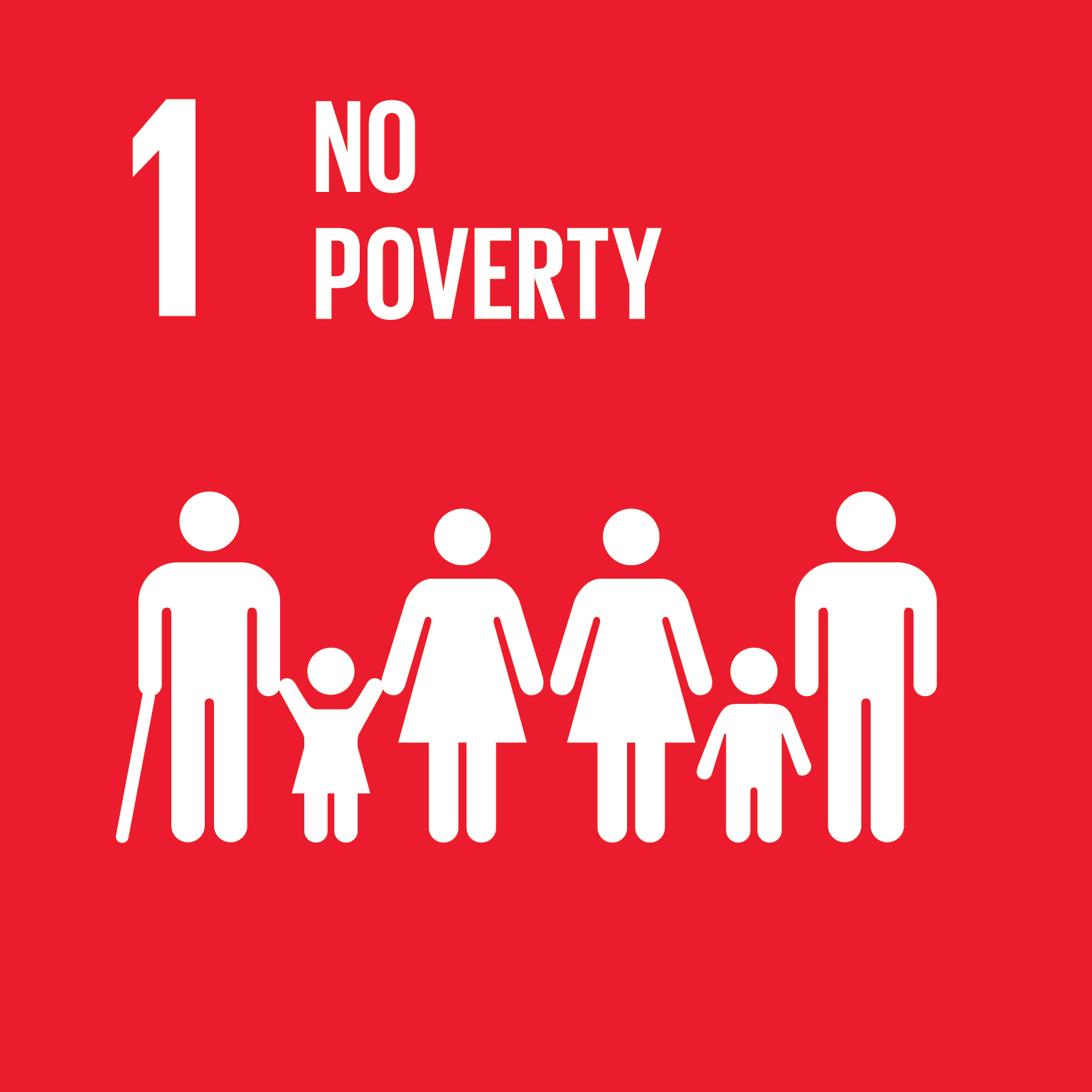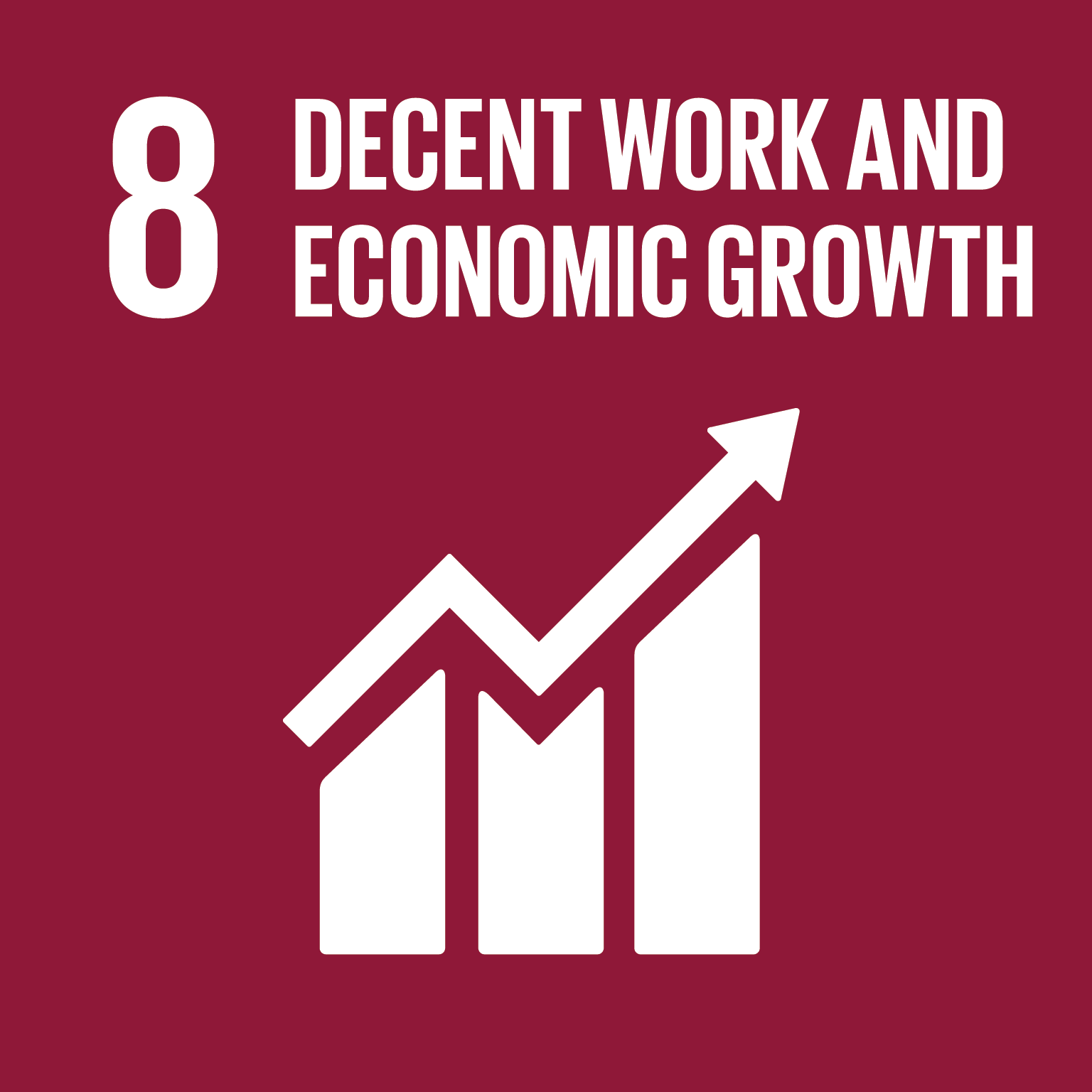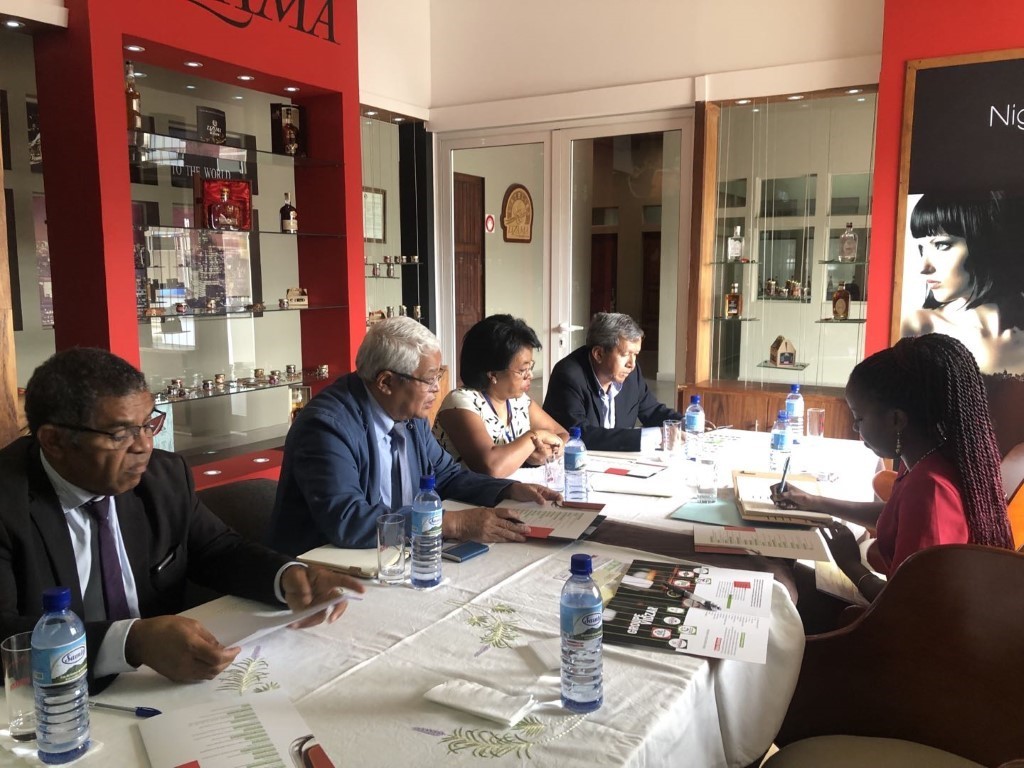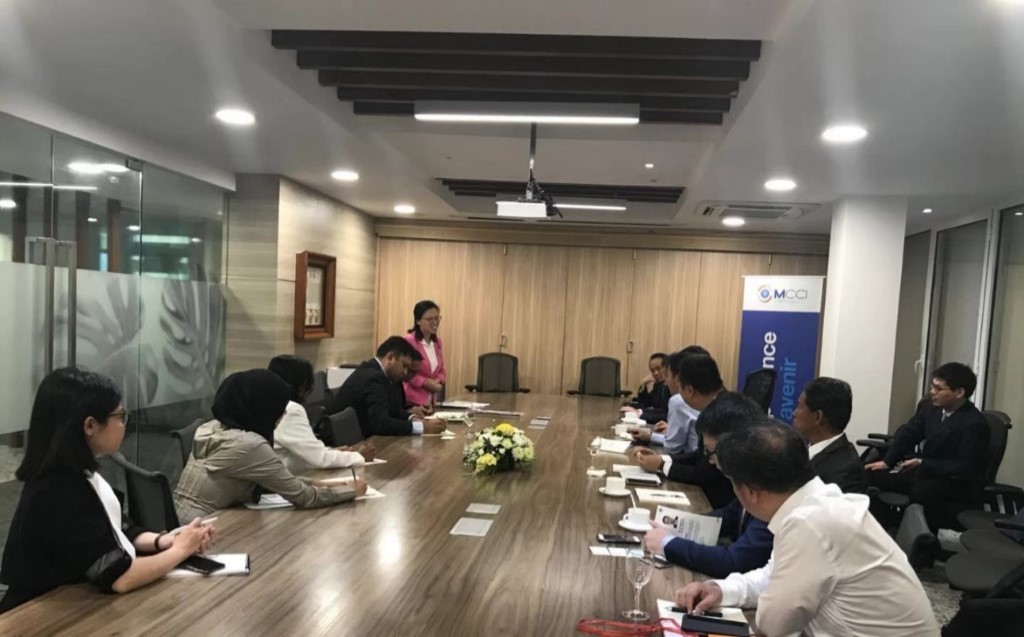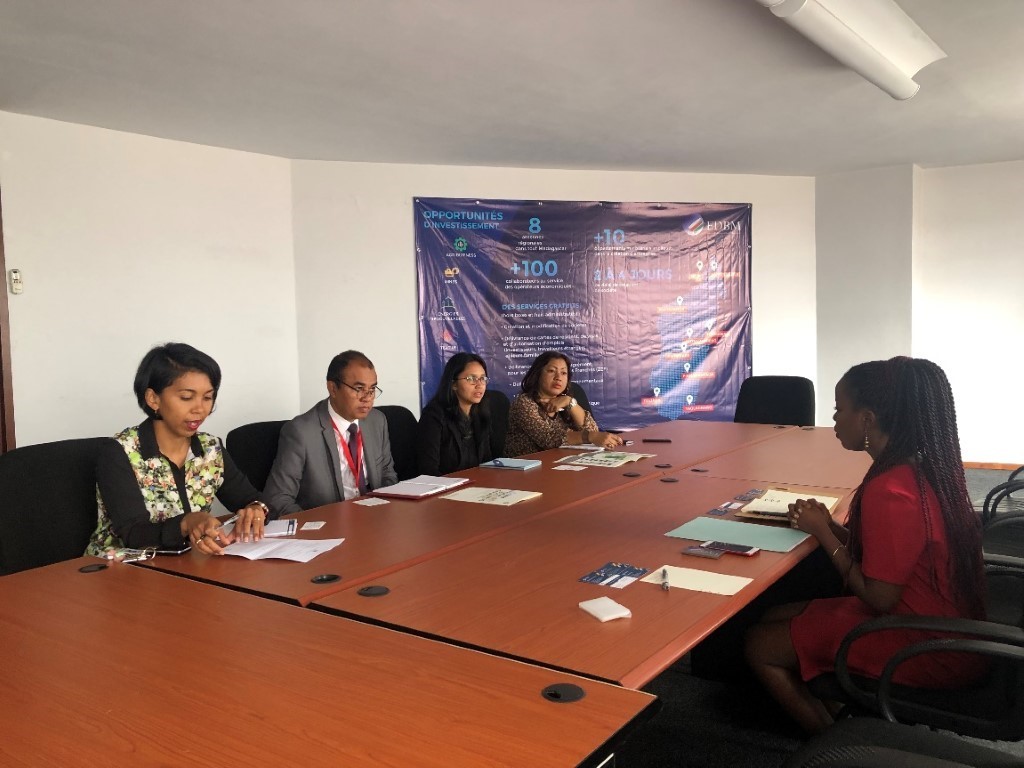Accessibility of Financial Services and the Private Sector in Africa
Maximizing the impact of financial cooperation on economic development and industrialization in Africa
Challenges
Although financial systems in Africa have progressed over the past 20?years, liberalization, privatization, and stabilization have yet to translate into more accessible financial services for the majority of Africans. There is a strong relationship between financial market development and economic growth. Financial markets help to direct the flow of savings and investments in the economy to facilitate the accumulation of capital and the production of goods and services. At a time of slowing global growth, the world is beginning to take notice of the fast-growing population and markets in Africa and the opportunities they hold. Nevertheless, the lack of access to financial services for small- and medium-sized enterprises (SMEs) at all levels continues to hamper cooperation in Africa.
Towards a Solution
To address these challenges, an in-depth study of African financial markets was needed. The accessibility and quality of financial services in African countries are crucial to healthy development in the private sector. The China-Africa Business Council (CABC) was established under the United Nations Development Programme in 2006 to promote economic and technological cooperation between China and African countries, particularly in the private sector. After a decade of development, CABC has accumulated rich experience in economic and technological cooperation. It has a broad communication network, deep understanding of African markets and strong support from member companies in Africa. CABC was therefore ideally placed to implement this project. With assistance from the China-Africa Development Fund and the Pérez-Guerrero Trust Fund, CABC designed a project to research financial markets in Madagascar, Mauritius and Zambia that would include in-depth interviews with local private businesses. The project, entitled ‘Accessibility of Financial Services and the Private Sector in Africa’, aimed to highlight the existing issues in financial cooperation between Africa and its development partners, to the benefit of investment promotion agencies, financial institutions and chambers of commerce in Madagascar, Mauritius and Zambia. The outcomes were expected to contribute to the achievement of Sustainable Development Goal?8 to promote sustained, inclusive and sustainable economic growth, full and productive employment and decent work for all.
This project was carried out in conjunction with government departments and non-governmental organizations in China and across Africa. The Economic Development Board of Madagascar, the Zambia Chamber of Commerce and Industry and the SBM Group of Mauritius collaborated with CABC on this project. The China-Africa Development Fund and the Pérez-Guerrero Trust Fund also contributed their expertise. Researchers conducted a series of well-designed investigations focusing on financial accessibility and companies’ interaction with financial systems in Madagascar, Mauritius and Zambia. Field visits and on-site seminars were organized in those countries as well. After gathering the data, a comprehensive report was produced. It provides policy recommendations for Madagascar, Mauritius, Zambia and other countries in the region, as well as international investors, to develop financial markets in order to attract more foreign capital for development. In addition, a valuable database has been established for further research on South-South and China-Africa cooperation.
With the population of Africa expected to overtake that of China by 2025, the continent’s economic potential is undeniable. Given its growth and development requirements, Africa also has significant potential to develop its financial markets, thereby improving socio-economic prosperity and reducing poverty. A timely and in-depth study of African financial markets benefited both African countries and investors.
Madagascar, Mauritius and Zambia were selected for this study. Madagascar has strong performance in exports and investment. Mauritius is among the most financially active countries in Africa and has served as a hub for many multinational investors. Zambia has strong manufacturing and industrial sectors and is the headquarters of the Common Market for Eastern and Southern Africa. To a great extent, the selected countries represent the various development patterns across the African continent. The outcomes of this project could therefore serve as a reference for other African countries.
The project relied on a thorough study of financial markets in these three countries and a survey of local private businesses to identify common problems and challenges. The report summarized the experiences and best practices of these three countries and the region as a whole. It includes several policy suggestions for Governments, finical institutions and the private sector. The report also provides recommendations to maximize the impact of financial cooperation on economic development and industrialization in Africa, thereby contributing to the healthy development of the private sector and job creation for local communities.
Improving financial markets attracts foreign direct investment and is crucial for every country. The challenges and solutions mentioned in the report also apply to other African countries. Hopefully, a similar research project can be applied to additional African countries with support from other banks and governmental agencies.
Contact Information
Name: Mr Xiaofeng Bai, Title: Executive Deputy Secretary General, Organization: China-Africa Business Council
Countries involved
China, Madagascar, Mauritius, Zambia
Nominated By
China-Africa Business Council
Supported By
China International Center for Economic and Technical Exchanges (CICETE), China-Africa Business Council
Implementing Entities
China-Africa Business Council
Project Status
Completed
Project Period
2018 - 2019
URL of the practice
http://en.cabc.org.cn/Primary SDG
08 - Decent Work and Economic Growth
Secondary SDGs
08 - Decent Work and Economic Growth
Similar Solutions
